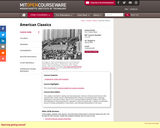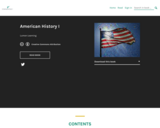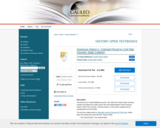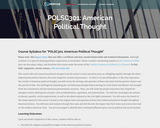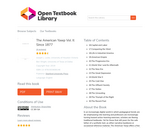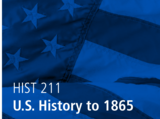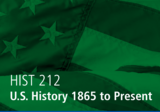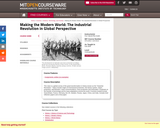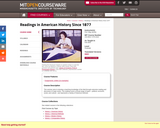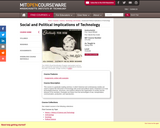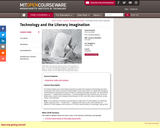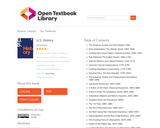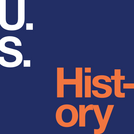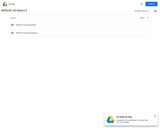U.S. History covers the breadth of the chronological history of the United States and also provides the necessary depth to ensure the course is manageable for instructors and students alike. U.S. History is designed to meet the scope and sequence requirements of most courses. The authors introduce key forces and major developments that together form the American experience, with particular attention paid to considering issues of race, class, and gender. The text provides a balanced approach to U.S. history, considering the people, events, and ideas that have shaped the United States from both the top down (politics, economics, diplomacy) and bottom up (eyewitness accounts, lived experience).
OpenStax College has compiled many resources for faculty and students, from faculty-only content to interactive homework and study guides.
Table of Contents
The Americas, Europe, and Africa Before 1492
Early Globalization: The Atlantic World, 1492–1650
Creating New Social Orders: Colonial Societies, 1500–1700
Rule Britannia! The English Empire, 1660–1763
Imperial Reforms and Colonial Protests, 1763-1774
America's War for Independence, 1775-1783
Creating Republican Governments, 1776–1790
Growing Pains: The New Republic, 1790–1820
The Industrial, Market, and Transportation Revolutions, 1800–1850
Jacksonian Democracy, 1820–1840
A Nation on the Move: Westward Expansion, 1800–1860
Cotton is King: The Antebellum South, 1800–1860
Antebellum Idealism and Reform Impulses, 1820–1860
Troubled Times: the Tumultuous 1850s
The Civil War, 1860–1865
The Era of Reconstruction, 1865–1877
Go West Young Man! Westward Expansion, 1840-1900
Industrialization and the Rise of Big Business, 1870-1900
The Growing Pains of Urbanization, 1870-1900
Politics in the Gilded Age, 1870-1900
Leading the Way: The Progressive Movement, 1890-1920
Age of Empire: American Foreign Policy, 1890-1914
Americans and the Great War, 1914-1919
The Jazz Age: Redefining the Nation, 1919-1929
Brother, Can You Spare a Dime? The Great Depression, 1929-1932
Franklin Roosevelt and the New Deal, 1932-1941
Fighting the Good Fight in World War II, 1941-1945
Post-War Prosperity and Cold War Fears, 1945-1960
Contesting Futures: America in the 1960s
Political Storms at Home and Abroad, 1968-1980
From Cold War to Culture Wars, 1980-2000
The Challenges of the Twenty-First Century
